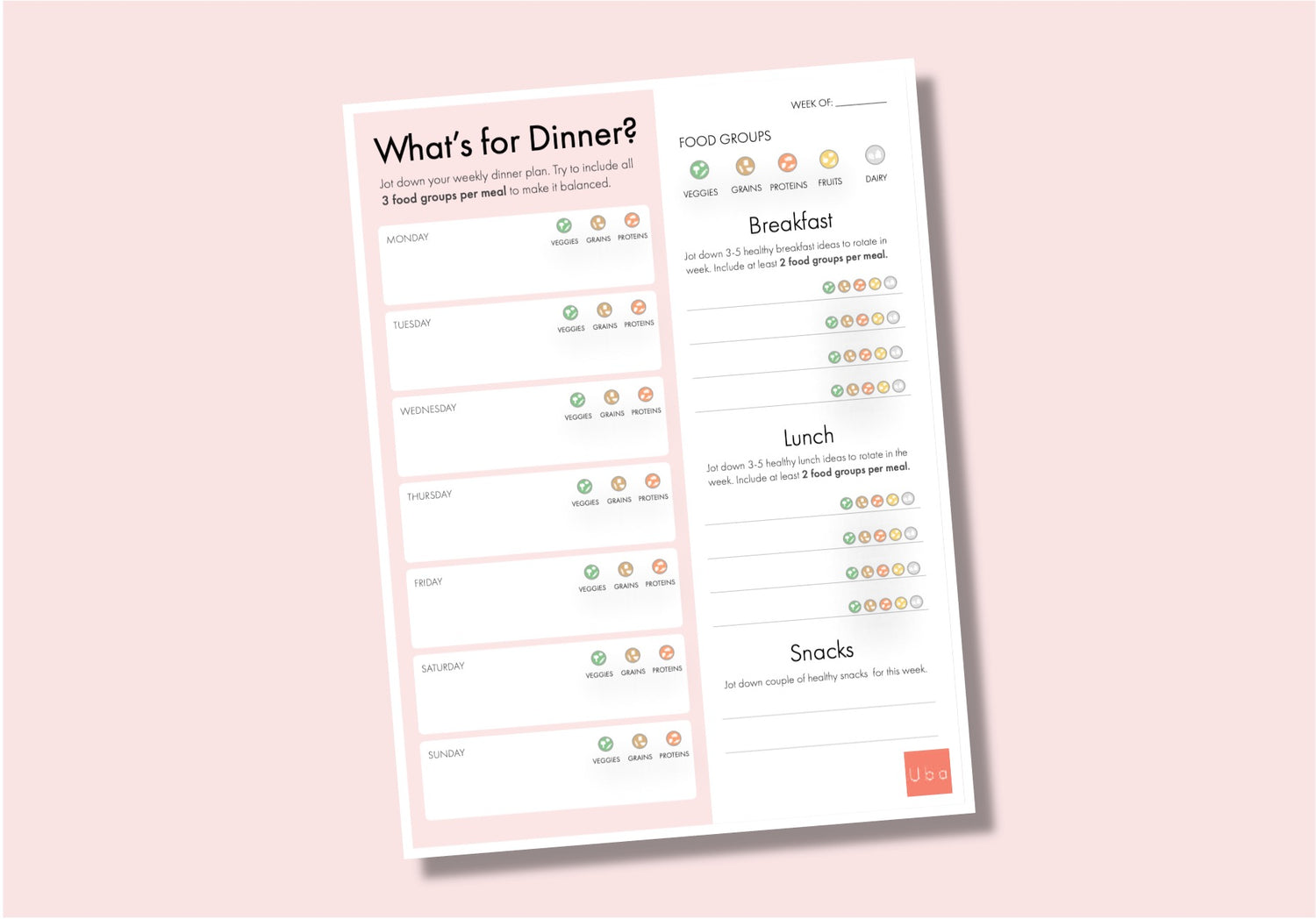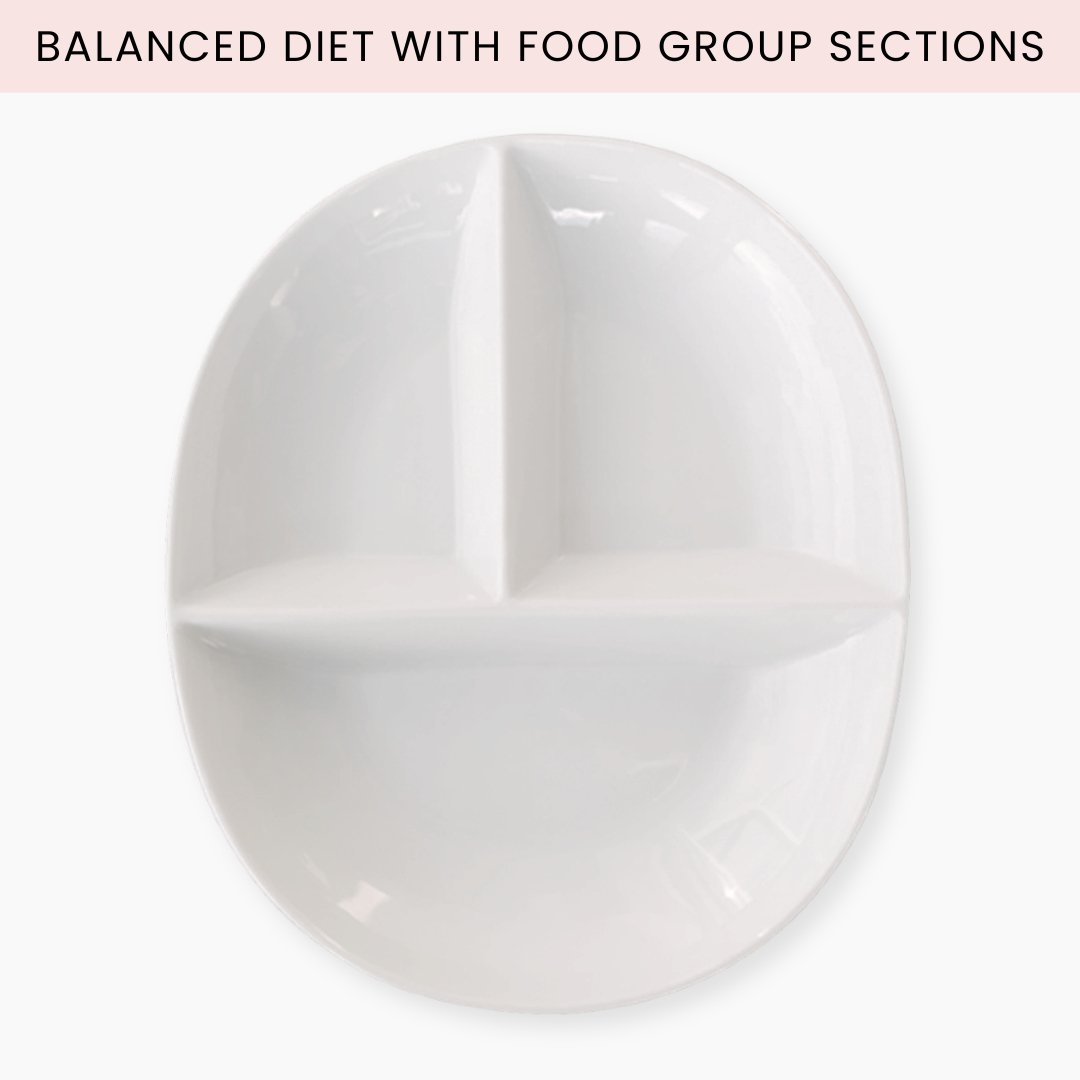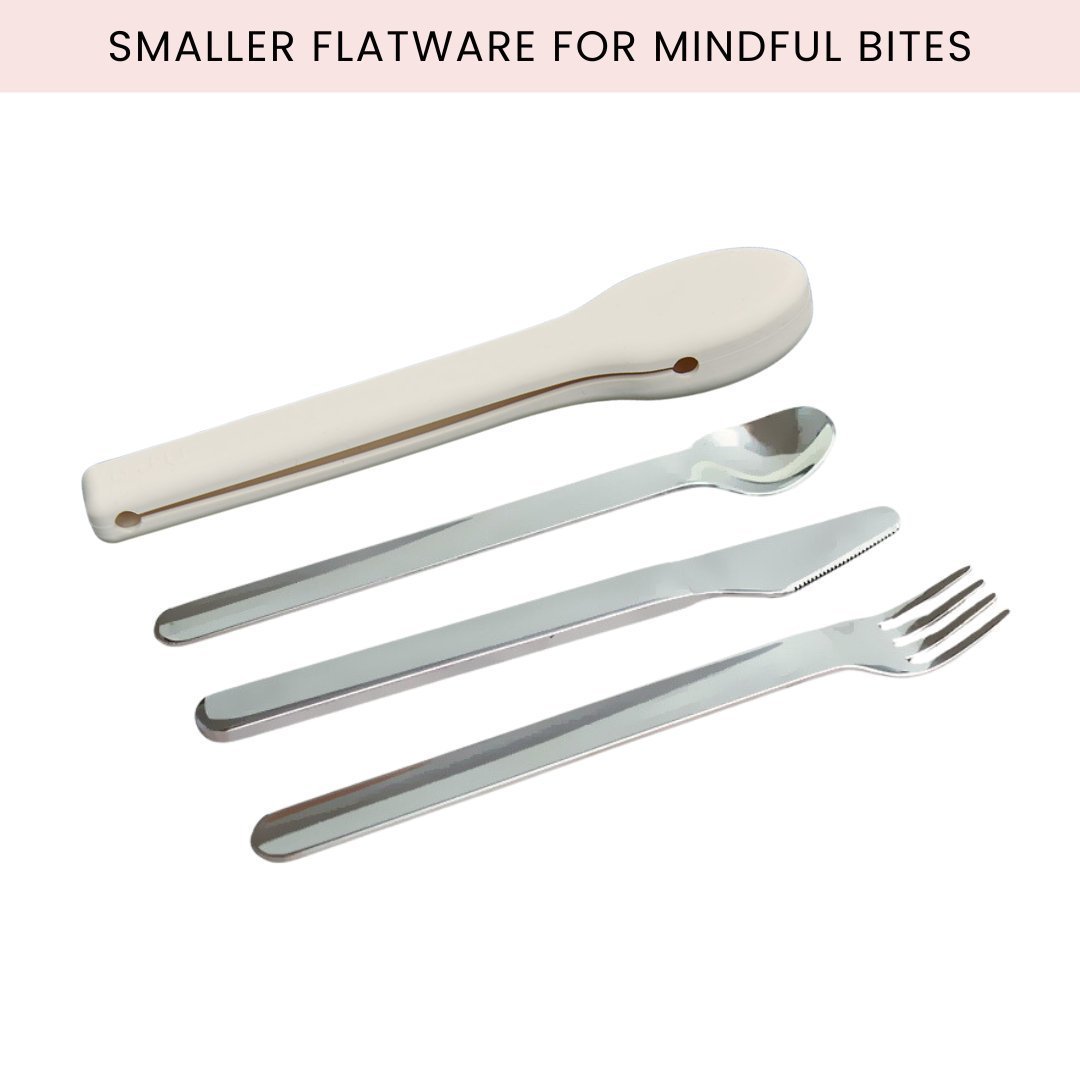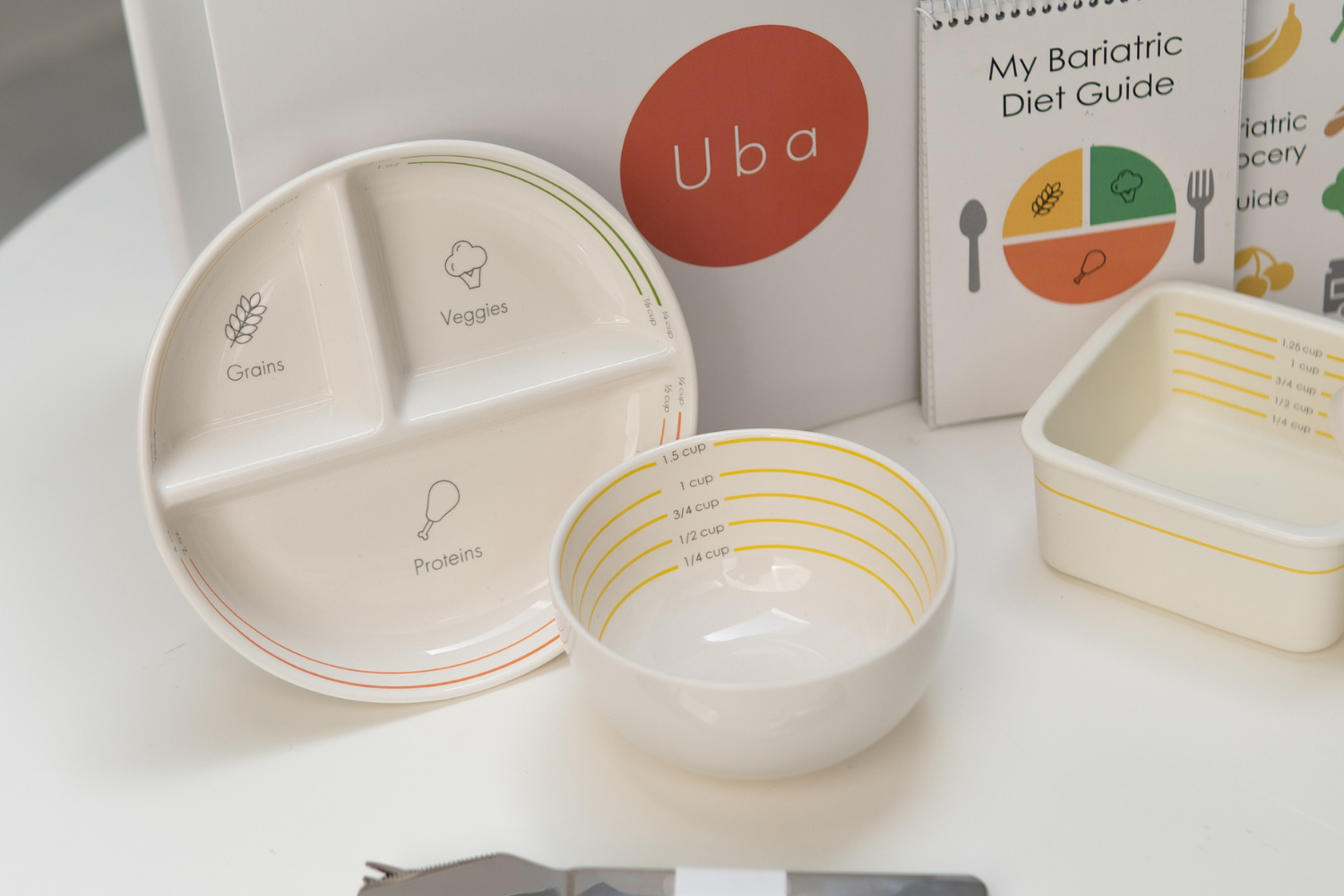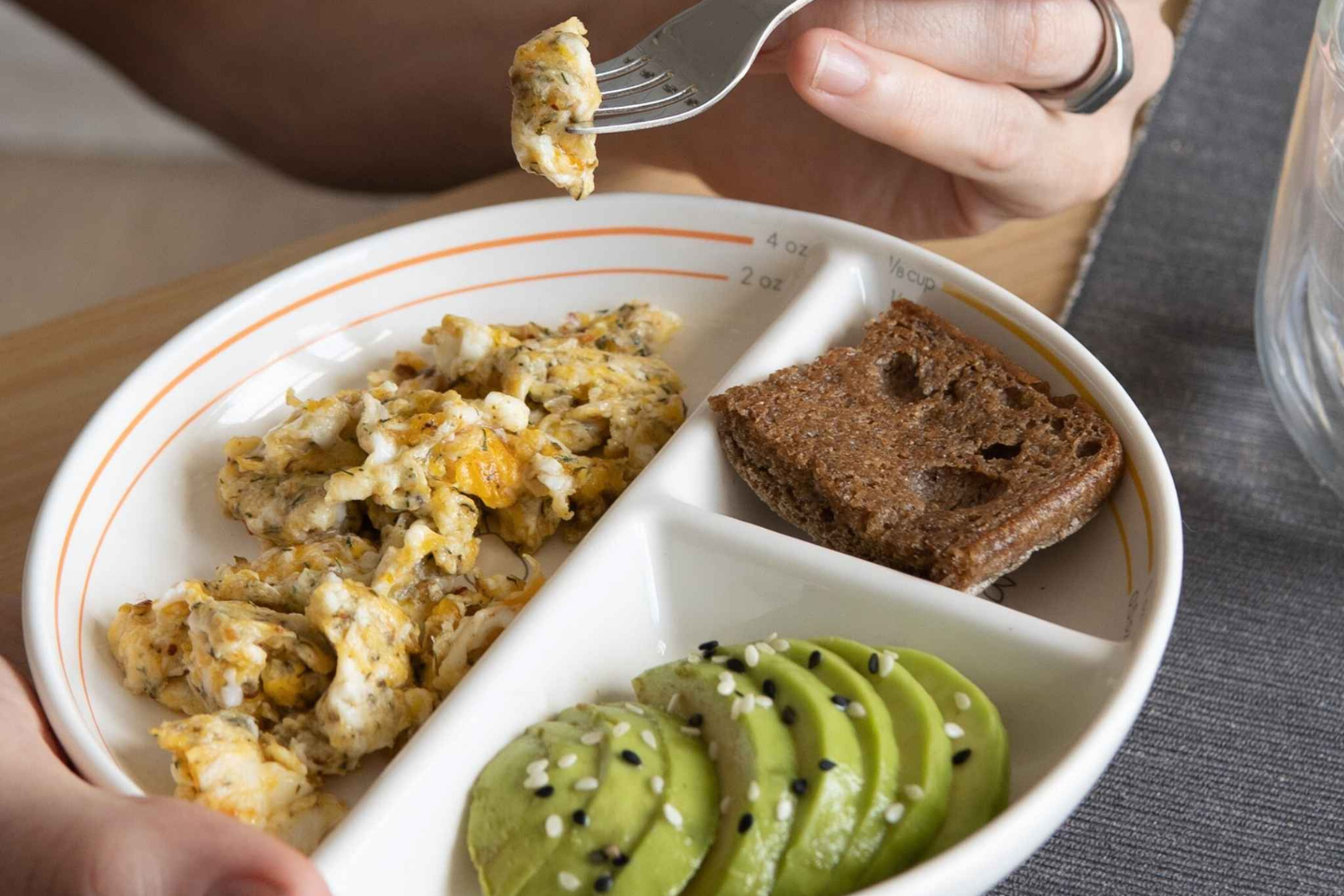What is a Bariatric Diet?
A bariatric diet is a specialized eating plan designed for individuals who have undergone bariatric surgery. This surgical procedure helps people with severe obesity lose weight by reducing the size of their stomach or bypassing a portion of the small intestine. Following bariatric surgery, it is crucial to adopt a healthy and balanced diet to support weight loss and maintain long-term success. Here are some key tools that can help you in your journey:
1. Food Scale
One of the essential tools for a bariatric diet is a food scale. Measuring food portions accurately is crucial to ensure you are consuming the right amount of nutrients and calories. A food scale helps you control portion sizes and track your daily intake effectively.
2. Meal Prep Containers
Meal prepping is a key component of a successful bariatric diet. Having the right meal prep containers makes it easier to plan and portion your meals in advance. Look for containers that are color coded (like this one), allowing you to separate different food groups and control portion sizes.
3. Blender or Food Processor
A blender or food processor is a versatile tool that can help you create healthy and nutritious meals. It can be used to make smoothies, purees, and soups, which are often recommended during the initial stages of a bariatric diet. Invest in a high-quality blender or food processor to make meal preparation quick and convenient.
4. Water Bottle with Measurements
Staying hydrated is crucial after bariatric surgery. A water bottle with measurements (like this one) allows you to track your fluid intake throughout the day. Aim to drink at least 64 ounces of water daily to prevent dehydration and promote weight loss.
5. Portion Control Plates
Portion control plates are specially designed to help you visualize appropriate serving sizes. These plates have sections that indicate the recommended proportions of different food groups, making it easier to create well-balanced meals. Using portion control plates (like this one) can prevent overeating and promote healthier eating habits.
6. Food Diary or Tracking App
Keeping a food diary or using a tracking app can be incredibly helpful when following a bariatric diet. It allows you to monitor your food intake, track your progress, and identify any patterns or triggers that may hinder your weight loss journey. Choose a diary or app that suits your preferences and provides accurate nutritional information.
7. High-Quality Protein Supplements
Meeting your protein requirements is essential after bariatric surgery. Protein supplements, such as protein powders or shakes, can help you reach your daily protein goals. Look for high-quality options that are low in sugar and specifically formulated for bariatric patients.
8. Nutrient-Dense Snacks
Having nutrient-dense snacks on hand is important to avoid unhealthy food choices when hunger strikes. Opt for snacks that are high in protein and low in sugar, such as Greek yogurt, nuts, or protein bars. These snacks will keep you satisfied and support your weight loss goals.
Conclusion
Following a bariatric diet requires dedication and the right tools. Investing in these must-have tools, such as a food scale, meal prep containers, and a water bottle, can make your journey towards a healthier lifestyle much easier. Remember to consult with your healthcare team for personalized advice and guidance throughout your bariatric diet.


